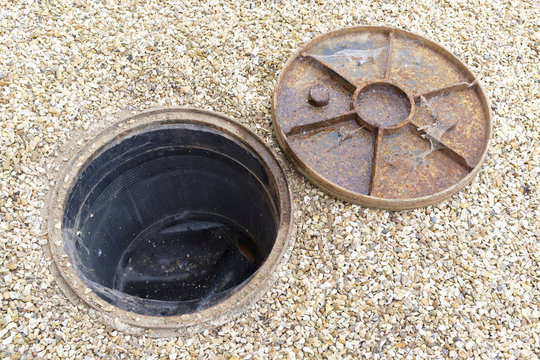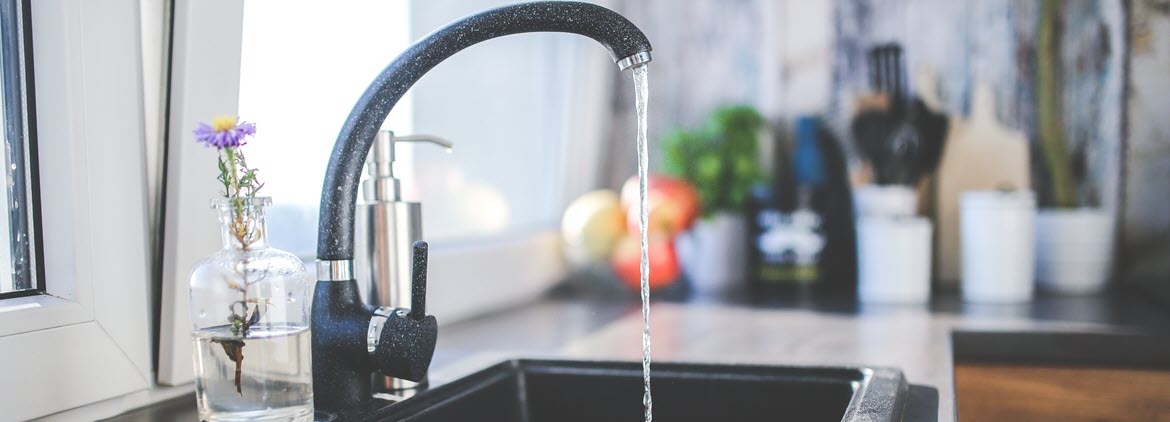Strategies for Managing a Blocked Drain Before Seeking Professional Assistance
Strategies for Managing a Blocked Drain Before Seeking Professional Assistance
Blog Article
The content down the page about How to handle a clogged drain in your home is particularly engaging. You should take a look.

Intro
Handling a blocked drainpipe can be an irritating experience, interfering with everyday tasks and potentially causing damage to your building. Nevertheless, before connecting to plumbing specialists, there are actions you can take to deal with the concern on your own. In this overview, we'll discover do it yourself options and preventive measures to deal with an obstructed drain successfully.
Determining the Concern
The initial step in resolving an obstructed drain is recognizing the signs. Sluggish drain, gurgling sounds, foul odors originating from drains, or water support up are common indications of an obstructed drainpipe. Identifying these signs early can assist protect against additionally issues.
Selecting the Right Pipes Service
When choosing a plumbing solution, think about factors such as experience, licensing, and customer testimonials. Choose a respectable plumbing technician with a record of top quality craftsmanship and transparent rates methods.
Expense Considerations
The expense of professional drainpipe cleaning services can differ depending on the intensity of the obstruction and the plumbing technician's rates. Request quotes from numerous providers and ask about any service charges to ensure openness and stay clear of surprises.
Safety and security Precautions
When attempting do it yourself drain cleaning, prioritize safety. Use protective handwear covers and eyeglasses to stay clear of contact with harmful chemicals or microorganisms. Never ever mix different drainpipe cleansing items, as this can produce hazardous fumes.
Instance Researches
Real-life instances show the performance of DIY options and the significance of prompt expert treatment in fixing drainpipe obstructions.
Usual Sources Of Obstructed Drainpipes
Comprehending the aspects that contribute to drain pipes obstructions is important for efficient resolution. Usual wrongdoers include hair, soap scum, grease, food particles, and international objects like sanitary items or paper towels. Tree roots attacking underground pipelines can likewise trigger significant blockages.
Do it yourself Solutions
For small clogs, several do it yourself options can be reliable. Pouring boiling water down the drain can help dissolve grease and particles. Baking soda and vinegar or a combination of salt and baking soft drink can act as natural cleaners. Utilizing a plunger or pipes serpent to remove blockages is an additional choice.
Devices and Tools
Having the right devices on hand can make DIY drain cleansing much more effective. A bettor is a functional tool for getting rid of clogs in sinks, commodes, and showers. A pipes serpent or auger can reach deeper obstructions, while drainpipe cleansing chemicals can be made use of carefully for persistent obstructions.
Preventive Measures
To prevent future clogs, adopting safety nets is important. Mount drain guards or strainers to catch hair and particles prior to they enter the pipelines. Routinely flush drains with hot water to liquify oil build-up, and prevent throwing away oil or strong waste away.
When to Call an Expert
While DIY solutions can deal with small blockages, particular indicators suggest the need for expert support. Persistent blockages, foul odors despite cleaning initiatives, or numerous drains pipes supporting simultaneously are red flags that warrant experienced intervention.
Verdict
By adhering to the tips outlined in this guide, you can successfully deal with blocked drains pipes and protect against future pipes concerns. Whether selecting DIY remedies or looking for expert assistance, punctual activity is crucial to preserving a healthy pipes system and preserving the integrity of your home.
How to Clear a Clogged Drain Yourself (And When to Call In the Professionals)
What Can Clog a Drain
Dirt Skin flakes Hair Grease Soap scum Food Offset pipes Tree roots Small objects Mineral buildup DIY Tricks to Unclog a Drain
You can fix this! Once you have identified the source of the clog (or have a vague idea), you can try one or a combination of these fixes in order to clear your plumbing.
Wire Hanger or Snake
Untangle and clear out hair from a drainpipe with a homemade snake. Use a straightened-out wire hanger with a 90-degree angle hook to locate the clog and drag out any unwanted material.
Remember not to push the clog further down to where the wire hanger cannot reach! If you need to follow up with a plunger, give it a try. Your efforts might be more successful after it’s been wire-snaked.
If you want to get fancy and don’t have a wire hanger to spare, head to the store and pick up a hand-operated drain snake. You can get one for $10-$30. It may save you the hassle, and provide additional length to reach deep into the clogged pipe.
Plunger
A cup plunger has a suction cup attached to a wooden handle. The rubber creates a seal around the drain, and increases the pressure force of the plunger.
Plunge for 30-second increments to loosen the clog. This may need to be repeated over the course of 15-20 minutes. Once plunged, run the water to flush the remaining material out of the drain.
Remember– never use a plunger if you have used a chemical drain cleaner. These chemicals can splash up from the force of the plunger and cause serious injury or burns.
Boiling Water
Hot water can sometimes break up materials into a flushable amount. Dirt, grease, and soap buildup requires heat in order to unstick from surfaces.
Take your kitchen kettle and heat your water to a boil. Once it reaches a rolling boil, pour it directly down the drain into the blockage. Carefully follow with plunging, if necessary.
Don’t worry if this takes more than one try! It can often take multiple kettles and repeated plunging in order to clear a particularly stubborn clog.
Chemical Drain Cleaner
As a last resort, pick up a bottle of chemical drain cleaner. Drain-cleaning chemicals are potent, and not very good for the environment.
You may need to wear protective eyewear in gloves before handling your bottle of chemical drain cleaner. Follow the instructions printed on the bottle, and flush with water as soon as the instructions allow. Do not follow with plunging.
Baking Soda and Vinegar
As a safer alternative to chemical drain cleaner, baking soda and vinegar can create a chemical reaction that clears tough clogs.
Combine one cup of cleaning vinegar with one cup of boiling water, and set aside. Once you have done this, pour half a cup of baking soda down the drain. Give the baking thirty seconds to settle and cover a large portion of the problem drain.
Following the baking soda, pour down your vinegar and hot water solution. Once the vinegar and baking soda combine, the mixture will bubble and fix. Let this reaction fizzle in the drain for about an hour.
After an hour, follow with a kettle’s worth of hot water. The heat and liquid should flush out any remaining material.
When to Call a Plumber
If your DIY attempts haven’t cleared your clog drain, it’s time to call in a professional. It’s not worth losing access to your kitchen sink or high-traffic bathroom. A clog in a vital area can keep you from the things you’d rather be doing, and derail your routine.
Anytime a clog is causing water to spread is a time to call in a plumbing service. What starts out as a little bit of water can quickly grow into serious, expensive water damage.
Additionally, a serious clog can result in burst pipes or serious leaks. Make sure you know when to take it seriously!
https://myguysnow.com/how-to-clear-a-clogged-drain-yourself-and-when-to-call-in-the-professionals/

Do you really like reading up on Tips for Dealing with Clogged Drains and Sewer Lines? Make feedback below. We would be delighted to listen to your reactions about this article. Hoping to see you back again in the near future. Enjoyed our posting? Please quickly share it. Let someone else locate it. Thanks a lot for taking the time to read it.
Here Report this page